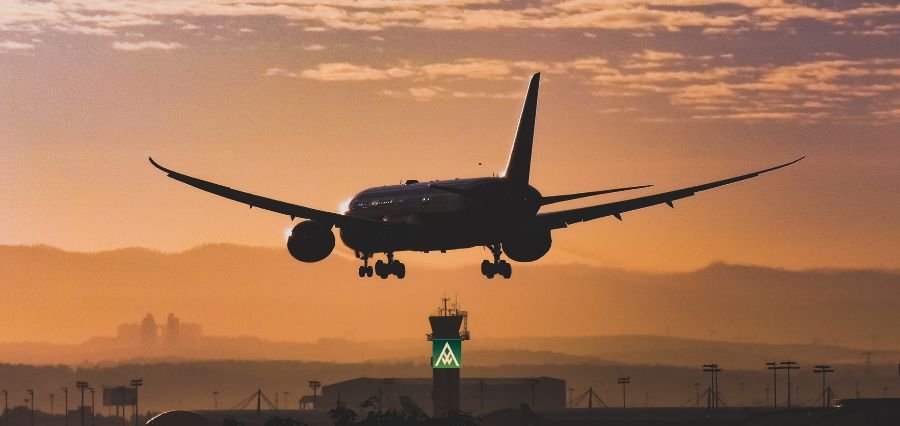Prime Highlights
- Major global airlines canceled or redirected flights to major Gulf cities amid rising Middle East tensions.
- Flight cancelations within and around Iran, Qatar, and the UAE disrupted global air travel across the Middle East.
Key Facts
- Big carriers like Singapore Airlines, British Airways, KLM, Air India, and United canceled or rerouted flights to the Gulf.
- Dubai, Doha, Riyadh, Abu Dhabi, and Sharjah are some of the worst-affected holiday spots.
- More than 240 flights have been cancelled, resulting in widespread disruption to services across the globe’s air networks.
Key Background
The grounding of flights to the Gulf nations is in the middle of a heightened level of geopolitical tensions within the Middle East region. The recent provocation was an American military attack on Iranian nuclear installations, with Iranian retaliatory missile attacks on U.S. military bases in Qatar and Iraq. In response to this, various nations, such as Iran, Qatar, and the United Arab Emirates, closed sections of their airspace for safety reasons.
Their shutdown prompted the airlines globally to make some rushed operating choices. Singapore Airlines suspended flights to Dubai at least until June 25, while British Airways, KLM, and Air France suspended flights to a number of their destinations like Dubai, Riyadh, and Doha. Air India suspended all Middle Eastern flights one step higher. Finnair has continued to cancel flights to Doha up to July 1 in line with the prolonged uncertainty. American and United Airlines have canceled flights to Doha and Dubai, respectively.
The effect has been particularly harsh on Dubai International Airport, one of the world’s most congested transit hubs, which has experienced widespread cancellations and forced diversions. Already more than 240 flights have been cancelled, and the cascade effect is being experienced on continents such as Europe, North America, and South Asia. Airlines are routing flights into alternative trading patterns such as Turkey, Saudi Arabia, and Egypt, with serious problems for flight duration and logistics.
The episode is a watershed for Gulf aviation, so far relatively sheltered from regional crises. But the present conflict is wider in scope, pitting nations against nations and impacting broad segments of regional airspace. Regional carriers like Emirates, Etihad, Flydubai, and Air Arabia have also cancelled flights to risky destinations like Tehran, Baghdad, Beirut, and Amman.
With increased risk closer to the Strait of Hormuz—a critical oil and gas global delivery route—the crisis echoes further than the aviation industry, casting a glance at global energy markets. Return to flight operations will be solely contingent on localized de-escalation and continued safety assessment by airlines and regulatory agencies.
Read More: Archer and Jetex Partner to Launch Global eVTOL Air-Taxi Network




